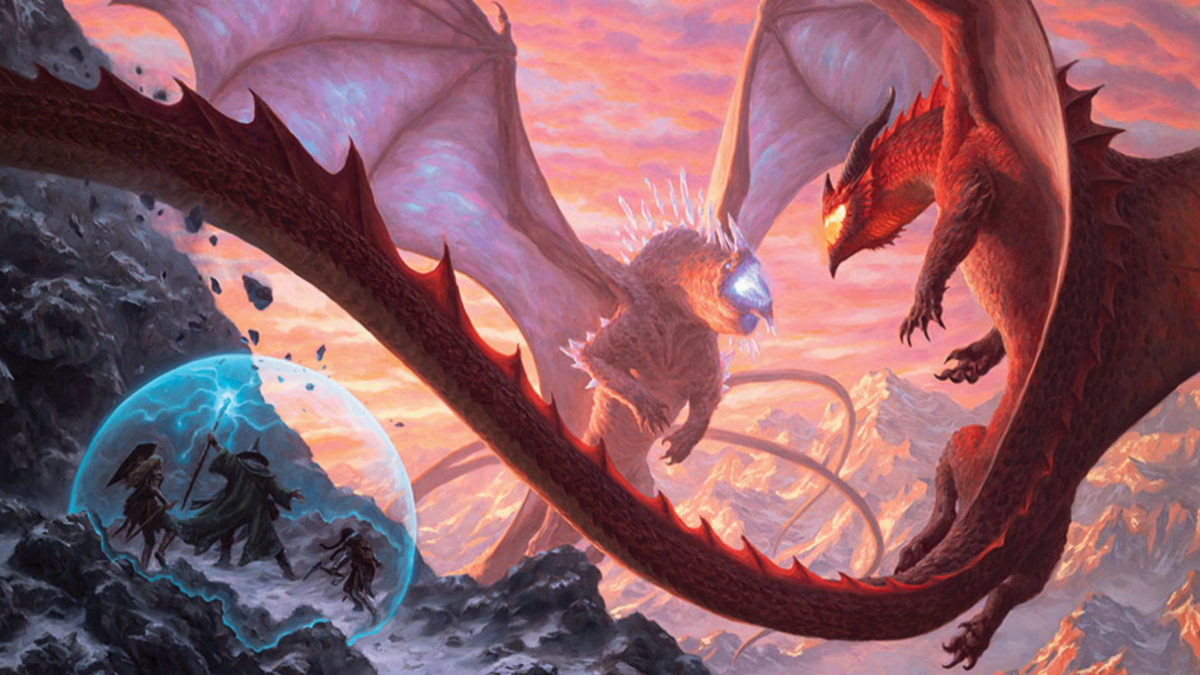Arguably the most popular tabletop role-playing game, Dungeons & Dragons, has come a long way from its reputation as a game only played by devil-worshiping nerds. The game has had a recent surge in popularity thanks in part to media like Stranger Things and Crticial Role, and with multiple online platforms like Roll20, it’s never been easier to start a new campaign. D&D is the most accessible it’s ever been but recently Wizards of the Coast found themselves in hot water due to a proposed revision to the game’s open game license (usually shortened as OGL).
In late January, a leaked draft of the new OGL was posted on Twitter and quickly went viral due to how comically evil the proposed changes were. The original OGL has been in use since it was first implemented in 2006 and essentially allowed free usage of Dungeons & Dragons for gamers and content creators alike, giving players the freedom to use Wizards of the Coast’s intellectual property without being sued. Without the OGL, there would be no Critical Role, Pathfinder, or any unofficial D&D content.
The OGL 1.1 saga is a bit convoluted, but the new draft walked back a lot of the protections the original OGL offered players and would require anyone making money off of D&D-related content to pay a substantial percentage of royalties. The draft also included legal language that would allow Wizards of the Coast full creative control over content created by creators in the D&D community.
As you can imagine, the backlash was swift and fierce. After about a week of silence, Wizards of the Coast made several apologies and thanked players for their feedback. Was this lip service? Did Wizards of the Coast still change the OGL after all?
Has Wizards of the Coast altered Dungeons & Dragons‘ OGL?
The short answer is “not really,” but the truth is more complicated. After a ton of backlash from players and content creators in the community, as well as thousands canceling their paid D&D Beyond subscriptions, Wizards of the Coast apologized.
On Jan. 18, Wizards of the Coast released a more personal apology, signed by the executive producer of Dungeons & Dragons Kyle Brink. In the latest statement, Brink admitted D&D’s parent company had majorly messed up and promised the new OGL would be presented to the public before going into place, giving the public the opportunity to approve it. On January 19, a new version of the OGL 1.2 was published and players would be given two weeks to look it over.
After receiving critique, Wizards of the Coast will not deauthorize the original OGL. In addition, the company has put the entire System Reference Document (SRD) into the Creative Commons, making it irrevocably free to use. The SRD is essentially everything anyone would need to run their own D&D campaign and Wizards of the Coast placing the entire nearly 400-page document into the Creative Commons is a big win for players.

